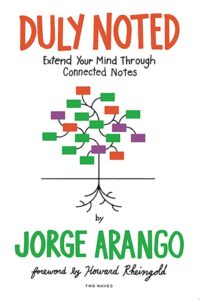I arrived at Princeton in the early days of coeducation there. After 200+ years as an all-male institution, women were now fellow students rather than weekend visitors. About 28% of my 1,000 odd classmates were women.
I had spent the previous six years at an all boys high school. Which meant minimal experience or skill at interacting with the opposite sex. I had, however, learned one odd thing I was able to take advantage of. Theater productions generally called for a pretty even mix of men and women on stage and that tended to hold true for the rest of the production as well. In high school that meant partnering with sister schools to stage shows.
At Princeton that meant finding my way to McCarter Theater during orientation week to see the Princeton Triangle Club perform some of their greatest hits. The pretty blond handing out flyers at the entrance suggested my hypothesis was correct.
It was.
While I was smitten with a particular redhead in a skit satirizing “The Dating Game”, so was every other heterosexual male in the audience. Turns out she was also a senior but that didn’t stop me from signing up to work backstage on future shows.
Over the next four years that included building sets, hanging lights, stage managing multiple shows, and going on three tours. Eventually I had possession of an unauthorized master key to the theater. I even rode the fire escape slide from the seven-story tower that housed the dressing rooms.
Some weeks I spent more time in McCarter than all of my classes combined. After one late dress rehearsal that ended shortly after midnight, the very first note from the director was to deputize two cast members to escort me back to my dorm room and put me to bed. A bed I hadn’t seen in the past 120 hours.
The theater is a place of myth and tradition. It’s knowledge that you absorb rather than study. It’s also a realm of large, and often fragile, egos. Which made it an extraordinary environment for me to learn how to navigate and operate inside complex, human, organizations. Which evolved into my life’s work.
All because I wanted to get better at talking to girls.
 This spring marks the 50th anniversary of my graduating from college. Which means it has been 54 years since I first set foot on the Princeton campus.
This spring marks the 50th anniversary of my graduating from college. Which means it has been 54 years since I first set foot on the Princeton campus.